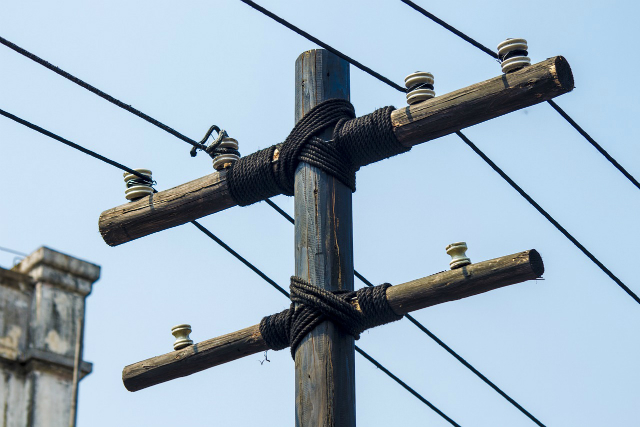
Any time a company’s share price drops by 10% over the course of one month, investors take notice. One of the companies I follow closely (and have continued to be bullish on) which happens to fall in this category is Algonquin Power & Utilities Corp. (TSX:AQN)(NYSE:AQN). I’m going to take a look at some of the drivers of the decline and assess whether or not the concerns that have led to the rapid decline in Algonquin Power’s share price are warranted or if these concerns are largely overblown.
Interest rate sensitivity
Utilities are among the sectors that are most sensitive to interest rate hikes, as investors generally consider these securities as bond proxies. When the Bank of Canada raises its benchmark interest rate, as it did Wednesday, utilities generally become less attractive relative to other income-focused securities such as bonds, resulting in the price of companies such as Algonquin Power decreasing in value relative to other options.
With the Canadian dollar appreciating of late due to the recent rate hike by the Bank of Canada, investors have seen a diminished stock price due to the interest rate hike for another reason — increasing interest rates also positively affect currency exchange rates, and, as it turns out, Algonquin is negatively impacted by a stronger Canadian dollar.
Currency exchange rate
One of the unique aspects of Algonquin Power is the company’s unique dividend priced in U.S. dollars. The company made the switch a few years ago to a U.S.-denominated dividend due to the fact that the vast majority of the business’s revenues are located in the U.S. market as well as the fact that the company is dual-listed on both the New York and Toronto stock exchanges.
The dividend yield for TSX:AQN is thus reflective of changes in the CAD/USD exchange rate, and over the course of the past five years, one of the positive drivers of AQN’s stock listed on the TSX has been the appreciation of the U.S. dollar relative to the Canadian dollar (effective yield increases). With this trend now reversing, Canadian investors in Algonquin are getting the raw end of the deal, experiencing lower real yields on Algonquin stock purchased on the Toronto exchange.
With the vast majority of revenues originating in the U.S., a reduction in the value of the U.S. dollar also diminishes the company’s revenues and earnings when translated into Canadian dollars. This currency exchange phenomena is not unique to Algonquin, as a number of other firms report this way; however, Algonquin finds itself in a difficult position of late due to the rising Canadian dollar.
Bottom line
As a long-term investor, I expect that the Canadian dollar will hover around its long-term average exchange rate of $0.79 U.S. dollars, meaning the vast majority of interest rate and exchange rate downside has been priced into the stock. Exchange rates will fluctuate, but excellent businesses with incredible yields and impressive growth rates don’t come around every day.
Stay Foolish, my friends.







